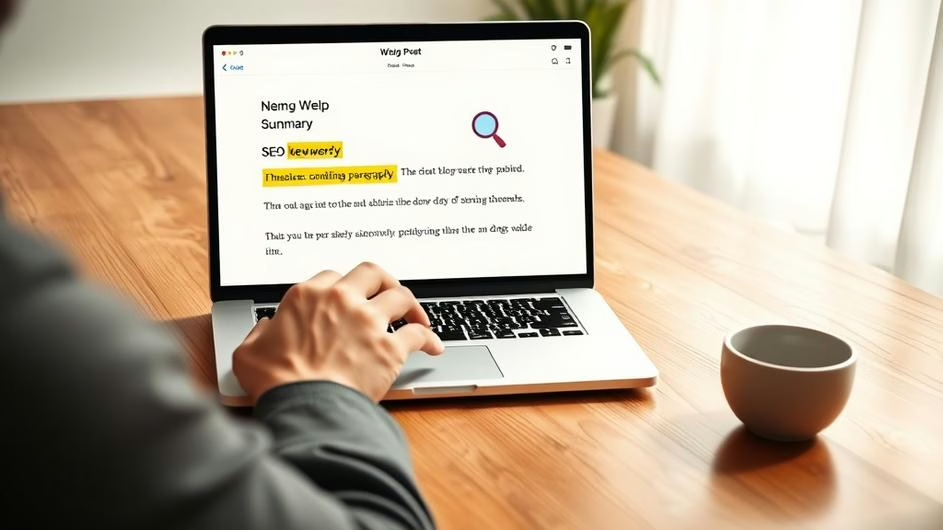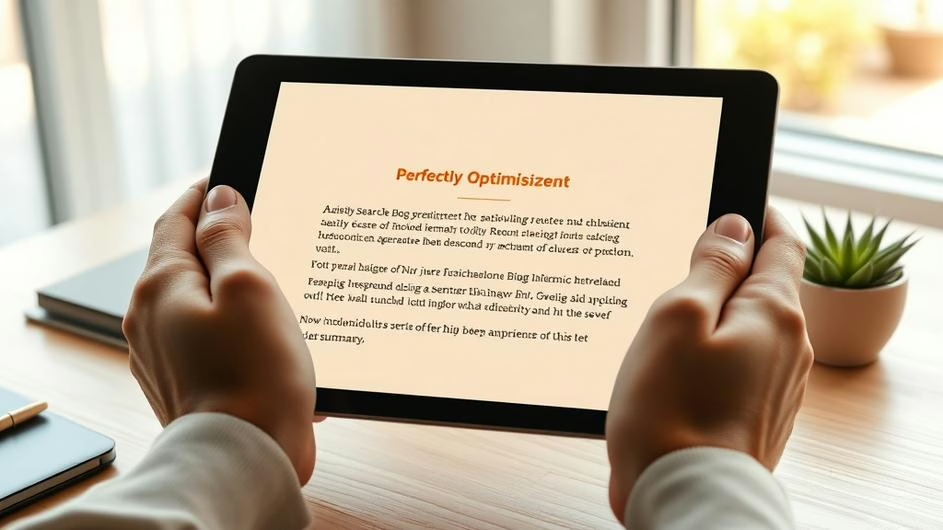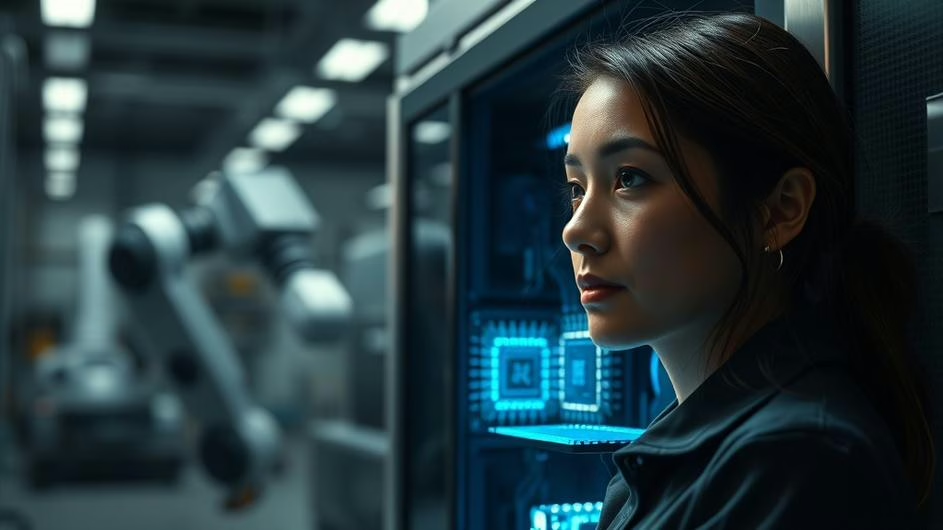
Vibe Coding and the AI Revolution: Why Human Developers Remain at the Heart of Tech Innovation
AI is completely reshaping how we think about software development. From Silicon Valley startups to Fortune 500 companies, everyone’s scrambling to figure out how to use these new tools without breaking their existing workflows. And right in the middle of this chaos sits an interesting new concept: vibe coding.
If you haven’t heard the term yet, you will soon. It’s sparking heated debates in engineering teams everywhere, making some developers excited about the future while others worry about their jobs. But here’s the thing: the reality is way more nuanced than the hype suggests.
What Exactly Is Vibe Coding?
The term comes from Andrej Karpathy, the AI researcher who used to work at OpenAI. He described it as basically letting AI code suggestions run wild, especially for small throwaway projects. Think weekend hackathons or quick prototypes where you’re not too worried about perfect code quality.
The appeal is obvious. Why spend hours writing boilerplate when AI tools can do it in minutes? Developers across the spectrum have been experimenting with this approach, and many love the speed boost it provides.
But here’s where it gets interesting. Karpathy himself admits that vibe coding has serious limitations. In a recent interview, he shared how AI tools work great for simple scripts but completely fall apart when things get complex. Despite all the excitement about AI programming, he still had to write thousands of lines of custom code by hand when the AI just couldn’t handle the job.
That’s a reality check worth paying attention to. Vibe coding might be perfect for quick experiments, but it’s not ready for mission-critical systems.
The Corporate Perspective: Enhancement, Not Replacement
Companies are dealing with this AI coding revolution in different ways. Take Atlassian, for example. Their CEO Mike Cannon-Brookes recently appeared on the “20VC” podcast with a surprisingly optimistic take. He argued that accelerating tech progress will actually increase demand for talented engineers, not decrease it.
His reasoning? As solutions become more complex, you need more engineering talent, not less. AI and vibe coding don’t replace developers. They give them superpowers.
But there’s a catch. Cannon-Brookes pointed out something that many engineering teams are already experiencing: inheriting AI-generated code without understanding its logic can be a nightmare. The inconsistency and unfamiliarity of AI-produced code means you absolutely need experienced humans to review and maintain it.
For developers, this isn’t necessarily bad news. It just means the job is evolving. Instead of writing every line from scratch, you’re becoming more of a code architect and quality controller. Those who adapt to these new workflows will likely thrive.
The Disruption Warning
Not everyone’s as optimistic as Atlassian’s leadership. Sebastian Siemiatkowski, CEO of fintech giant Klarna, has been making waves with his more cautionary stance. He famously told OpenAI’s Sam Altman that he wanted Klarna to be the “favorite guinea pig” for AI experiments. And he wasn’t joking.
Klarna has substantially reduced its workforce as they’ve automated more processes with AI. But Siemiatkowski isn’t just cutting jobs and staying quiet about it. He’s actively criticizing other tech leaders for downplaying the potential for mass job disruption.
Interestingly, he’s also a fan of vibe coding for personal projects, using it to explore Klarna’s codebase in his spare time. But his message is clear: while AI might make individuals more productive, the overall impact on employment could be massive. Adapt or risk becoming obsolete.

The Reality Check: AI Isn’t Perfect
Research is backing up what many developers are experiencing firsthand. Studies from METR show that AI coding tools can actually make developers slower in some cases, creating complex bugs that require specialized human expertise to fix.
This has led to an interesting trend: companies are hiring specialists specifically to manage AI-generated code. Think of them as AI code reviewers or cleanup crews. The tools can accelerate certain workflows, but they also introduce new types of complexity that only experienced engineers can handle.
It’s similar to what we’ve seen in crypto development, where smart contract auditors became essential as the technology matured. The more powerful the tools, the more important human oversight becomes.
Global Differences in AI Adoption
The way different regions approach vibe coding reveals interesting cultural differences in tech development. Laura Modiano, OpenAI’s startup lead for Europe, recently highlighted how American entrepreneurs are more aggressive with feedback to AI vendors.
US founders apparently provide “shameless” feedback, constantly pushing for better tools and features. This kind of relentless user input is what drives rapid improvements in AI platforms. European founders are catching up, partly inspired by success stories like Swedish startups building GPT-5-powered coding assistants.
This feedback loop is crucial for the evolution of vibe coding. The more demanding users become, the better AI tools get at handling complex development tasks.
What’s Next for Developers?
The future isn’t about AI replacing human developers. It’s about evolution. The most valuable engineers will be those who can effectively combine human creativity with machine efficiency.
Vibe coding represents just one piece of a much larger transformation. As AI agents become more sophisticated, the real skill will be knowing when to let the AI run and when to take manual control.
Software engineering has always been a field in constant flux. We’ve seen it evolve from assembly language to high-level frameworks, from waterfall to agile, from monoliths to microservices. This AI integration is just the next phase.
Companies that figure out how to blend AI automation with human judgment will have a significant competitive advantage. But that only works if they invest in their people as much as their algorithms.
For developers, this means staying curious and adaptable. Learn how to work with AI tools effectively. Understand their strengths and limitations. Focus on the skills that humans excel at: system design, problem-solving, code review, and understanding business requirements.
The partnership between human creativity and machine logic isn’t just the future of development. It’s already happening. The question isn’t whether AI will change how we write code. It’s whether you’ll be part of defining what comes next.
Those willing to experiment, challenge assumptions, and adapt their workflows will be the ones shaping the next generation of software development. And honestly? That sounds pretty exciting.





































































































































